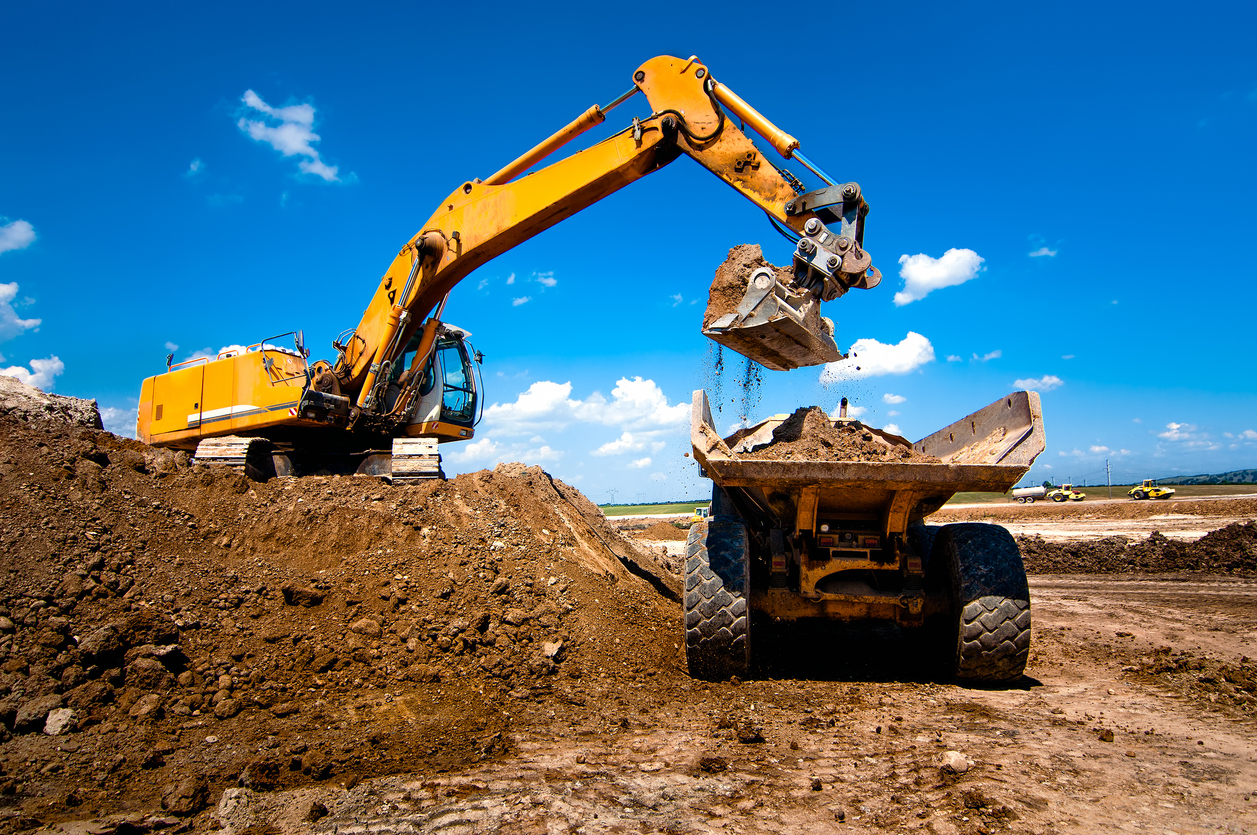Understanding Payloader Prices in Nigeria: What to Expect
Pay loaders, also known as wheel loaders, are essential pieces of heavy machinery used across various industries in Nigeria, including construction, mining, agriculture, and material handling. If you’re considering purchasing a payloader in Nigeria, it’s important to understand the factors that influence its price. This article provides an overview of payloader prices in Nigeria, key factors that affect the cost, and tips on finding the best deals.
Current Payloader Prices in Nigeria
The price of a payloader in Nigeria can vary widely depending on several factors, including the brand, model, size, condition (new or used), and additional features. As of the most recent data, here is a general price range for pay loaders in Nigeria:
- Small/Compact Pay Loaders: ₦10 million to ₦20 million
- Medium-Sized Pay Loaders: ₦20 million to ₦50 million
- Large Pay Loaders: ₦50 million to ₦80 million or more
These prices can fluctuate based on market conditions, exchange rates, and the availability of certain models. It’s advisable to get quotes from multiple dealers to compare prices and ensure you’re getting a competitive deal.
Factors Influencing Payloader Prices in Nigeria
1. Brand and Model
- Reputation and Reliability: Established brands like Caterpillar, Komatsu, and Volvo typically command higher prices due to their reputation for reliability, durability, and after-sales support. Lesser-known brands may offer more affordable options but might lack the same level of performance or support.
- Model Specifications: Newer models with advanced technology, better fuel efficiency, and enhanced features generally cost more than older models. Models designed for heavy-duty applications also tend to be more expensive.
2. Size and Capacity
- Operating Weight: The size and operating weight of a payloader directly impact its price. Larger pay loaders with higher load capacities are more expensive because they can handle heavier materials and larger volumes.
- Bucket Capacity: Pay loaders with larger bucket capacities can move more material in a single load, making them more suitable for large-scale projects and thus more costly.
3. New vs. Used Machines
- New Pay Loaders: Buying a new payloader ensures you get the latest technology, full warranty coverage, and a longer lifespan. However, this comes at a premium price.
- Used Pay Loaders: Purchasing a used payloader can be significantly cheaper, with prices often 30% to 50% lower than new models. However, it’s important to consider the machine’s condition, age, maintenance history, and potential repair costs.
4. Importation and Duty Costs
- Import Duties and Taxes: Pay loaders imported into Nigeria may incur additional costs related to import duties, taxes, and shipping fees. These costs can add significantly to the final price.
- Exchange Rate Fluctuations: The Nigerian Naira’s exchange rate against major currencies can impact the cost of imported pay loaders, with price increases during periods of currency depreciation.
5. Dealer and Warranty Support
- Authorized Dealers: Purchasing from an authorized dealer often includes benefits such as after-sales support, warranties, and access to genuine spare parts. However, these added services can also increase the purchase price.
- Warranty Terms: Machines with comprehensive warranty coverage are generally more expensive, but the added peace of mind can be worth the extra cost, especially for large investments like pay loaders.
Tips for Buying a Payloader in Nigeria
1. Determine Your Specific Needs
- Project Requirements: Consider the specific tasks you need the payloader to perform. This will help you determine the right size, capacity, and features required for your operations.
- Budget Considerations: Set a clear budget, including a cushion for potential additional costs such as maintenance, spare parts, and operating expenses.
2. Compare Multiple Quotes
- Dealer Comparison: Obtain quotes from several authorized dealers to compare prices, warranties, and after-sales services. This will give you a better understanding of the market and help you negotiate better deals.
- Used vs. New Options: If your budget is limited, consider both new and used options. A well-maintained used payloader can offer great value at a lower price point.
3. Inspect Before Purchase
- Condition Assessment: If purchasing a used payloader, have it thoroughly inspected by a qualified mechanic to assess its condition and estimate any potential repair costs.
- Test Drive: Request a test drive to ensure the machine operates smoothly and meets your performance expectations.
4. Consider Financing Options
- Leasing vs. Buying: Some dealers offer leasing options, which can be more affordable than purchasing outright, especially for short-term projects.
- Bank Loans: Explore financing options such as bank loans or equipment financing programs to spread the cost over time, making the purchase more manageable.
Conclusion
The price of a payloader in Nigeria can vary depending on several factors, including brand, size, condition, and importation costs. By understanding these factors and carefully comparing options, you can find a payloader that meets your operational needs and budget.
At Wigmore Trading, we offer a wide range of pay loaders tailored to various industries and project requirements. Our team of experts is ready to help you find the best machine for your specific needs at competitive prices.
Get in Touch:
Looking to purchase a payloader in Nigeria? Contact Wigmore Trading today for expert advice and competitive pricing. Visit our website, email, or call us to explore our selection of pay loaders and find the perfect match for your operations.








Comments are closed.